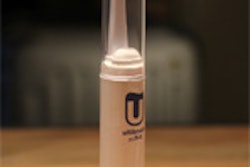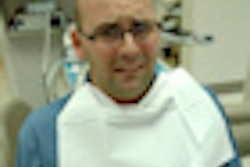Dear Hygiene Insider,
A new study in the Journal of the American Dental Association has confirmed that measuring only probing depth rather than probing depth in conjunction with clinical attachment loss is unreliable in all but the most severe periodontitis cases when determining whether the disease is progressing or not. Read more.
Another JADA study found that daily use of xylitol lozenges did not result in a statistically or clinically significant reduction in caries among adults with an elevated risk of developing caries.
In a related story, researchers at the Oregon Health & Science University School of Dentistry have determined that certain genetic strains of bacteria are dominant in children a full year after treatment for early childhood caries. Read more.
Meanwhile, new research has suggested that certain pigments in fruit, especially berries, offer several oral health benefits and may even help prevent certain types of cancer.
In other Hygiene Community news, the scientific evidence linking type 2 diabetes with a significantly greater risk of periodontitis continues to mount, according to a study in Diabetes Research and Clinical Practice. In addition, individuals with diabetes may be at increased risk of tooth loss. Read more.
Diagnosing periodontal disease could get easier with a new tool developed by a team of German researchers that could be used in a dental office to analyze DNA collected from teeth and identify the 11 most relevant periodontitis pathogens in less than 30 minutes.
Meanwhile, triclosan -- a common antibacterial agent used in toothpaste that can have toxic effects when exposed to sunlight -- is being found in increasing amounts in Minnesota freshwater lakes, according to a new study in Environmental Science and Technology.
Finally, as dental professionals, we often look at noncompliance as a lack of concern or accountability by our patients. But according to Monica Spannbauer, RDH, MBA, the issue is more complex than that. She suggests making sure you are asking the right questions in the right way. Read more.



















